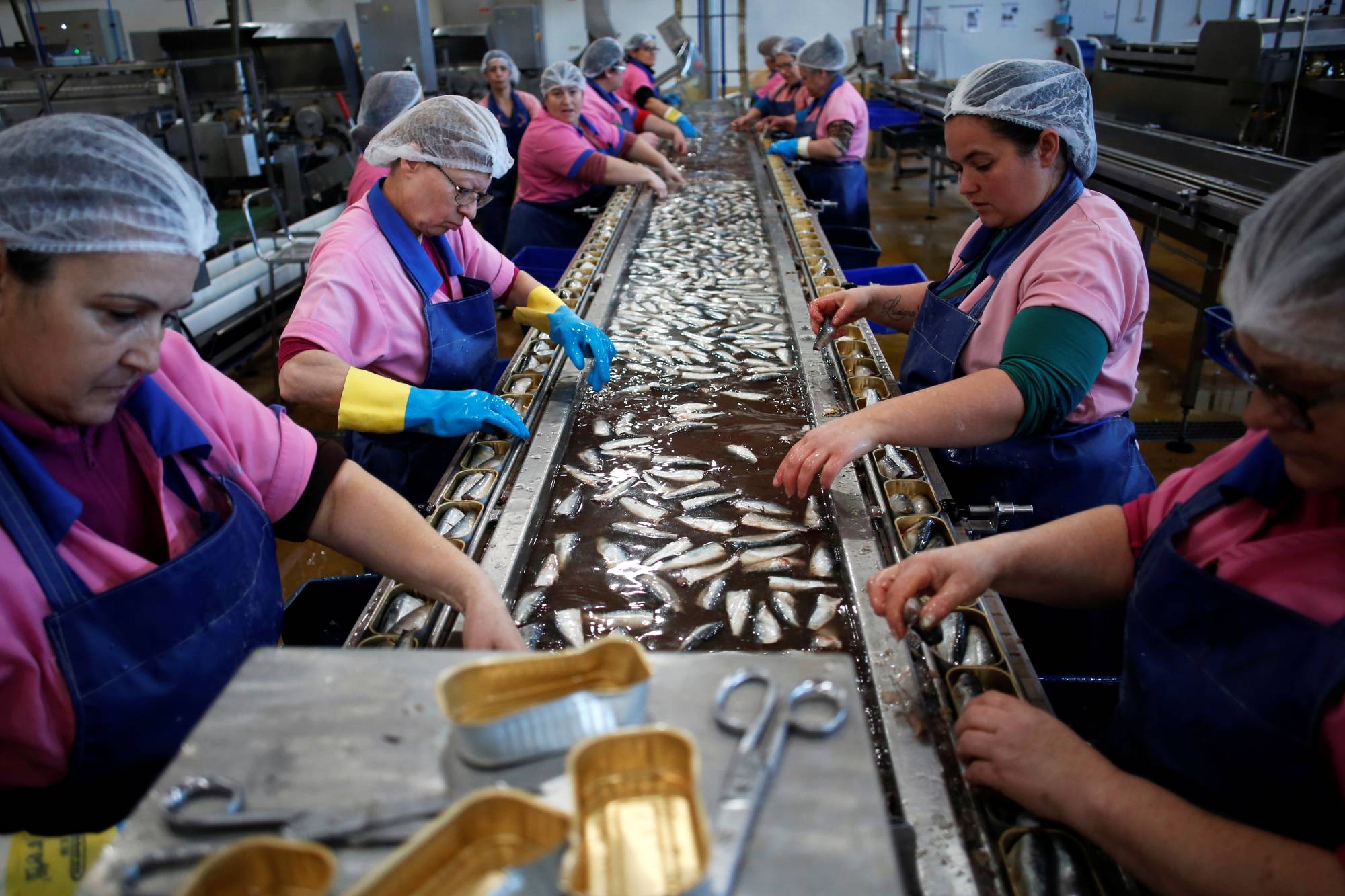Andres Albonigamayor stares down at the red deck of his fishing boat as the last albacore are unloaded. It’s two hours before sunrise on the wharf of Bermeo, a town in Spain’s Basque Country, and his crew of six Senegalese men work in silence as wind whistles through the metal walls of an empty warehouse nearby. There was a time when the wharf buzzed with activity before the 7 a.m. auction, but the port hasn’t been crammed with boats in years.
The 68-year-old captain shows no emotion as the fish go in auction for a decent price. He’s the last of a long dynasty of Bermean fishermen, and all he cares about is the next catch. "I want to go out tomorrow again,” he says, marking the words with the distinct pronunciation of native Basque speakers, a language so old no one’s figured out when it originated. "I might not even go home this time. I might just take a quick nap on the boat.”
Albonigamayor doesn’t know it, but he’s crucial in the fight against climate change. Every time he goes out to sea, he brings back the lowest-carbon animal protein available anywhere. Preserved in oil and put in cans and jars in factories just a mile away, his catch of longfin tuna becomes an unsung fix for a warming planet — a meal that’s cheap, requires no energy for refrigeration, almost never spoils, and, with some effort, can be harvested sustainably.


















With your current subscription plan you can comment on stories. However, before writing your first comment, please create a display name in the Profile section of your subscriber account page.